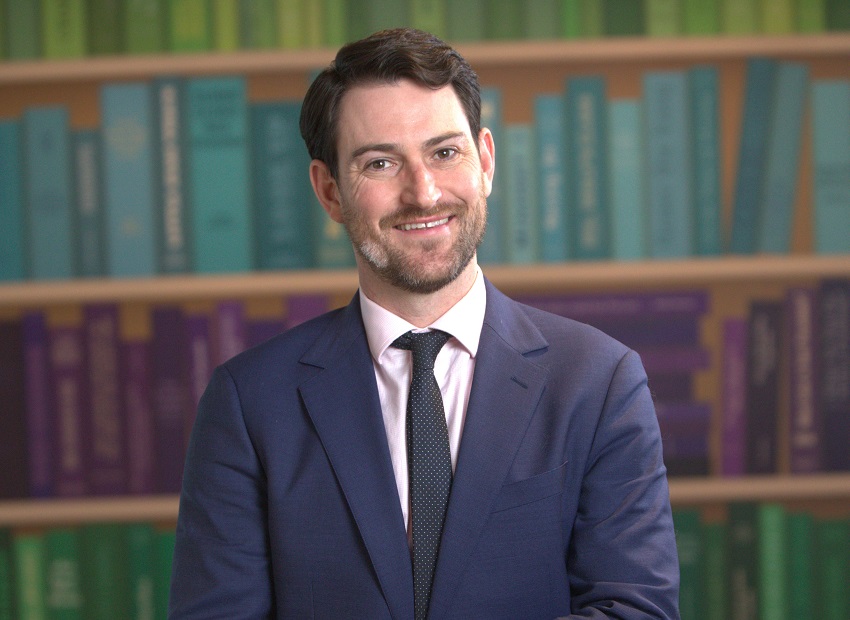Should I take the AP Capstone Program? | College Coach Discusses
Last week we outlined the curricular structure of AP Capstone, a new diploma program from the College Board that will be adopted by a handful of schools nationwide in fall 2014. In today’s blog, we discuss the impact this new program may have on your child’s high school plan and college applications.
In order to be competitive at the most selective colleges and universities in the United States, high school students will want to demonstrate strong academic performance in either the Advanced Placement or International Baccalaureate programs. This should come as no surprise to sophomores and juniors who are in the process of making their course selections for the coming year. But how should a student respond to the new AP Capstone offerings?
Reasons to pursue the AP Capstone diploma
The advisory committee that developed the AP Capstone program is composed of educators from leading public and private universities around the country, an indication that the objective of the curriculum is to increase student readiness for college. Students will have the opportunity to engage with topics in a way that is much more exploratory, free-flowing, and collaborative than traditional AP coursework. The best-taught versions of these new courses will look and feel like college seminars, and will introduce students to the kind of environment they are likely to encounter when they enroll in college as freshmen.
The program is also a great opportunity for students to experience a much more cohesive learning process. Since the diploma requires students to earn a score of 3 or better in Research, Seminar, and four other AP courses, students will need to conceive of high school as building towards an intrinsically meaningful academic achievement. And there are great byproducts of the experience: the 5,000-word research thesis, for example, will introduce students to rigorous scholarly research and teach them about project management.
Finally, the Capstone diploma is a signal to colleges that a student has achieved proficiency in each of its standards. As admission officers become more familiar with AP Capstone, earning a diploma becomes a quick indicator that a student has engaged in collaborative work, developed his own independent research, and attained college-level expertise in a handful of academic subjects. For years, the International Baccalaureate diploma has indicated high academic achievement for participating students. Over time, the AP Capstone diploma may provide a similar function.
Reasons not to pursue the AP Capstone diploma
Every new product will suffer a few bugs at its launch, and the benefit of academic coursework is notoriously difficult to predict. Students should not charge blindly into this new opportunity, but should gather as much information as possible before making a decision. In its infancy, the administration of AP Seminar and AP Research may be experimental and underdeveloped. Without experience on which to base their instruction, teachers may struggle to find direction in this open-ended course, while students attempt to make specific meaning out of too much content. Collaborative, creative, open-ended, and discussion-based are all great buzzwords, but classes need a solid academic foundation in order to be effective, and at this point it’s hard to know if they will be.
As a parent, you should investigate the reputation of the instructor(s) charged with teaching these classes, and ensure that they are proficient in asking questions and leading discussion. Clarify whether AP Capstone will supplement your student’s core academic learning or replace other AP courses she was already slated to take. We already know how colleges respond to traditional AP classes, but it remains to be seen how they will receive AP Seminar and AP Research. Risk-averse students will want to stick with the tried-and-true when faced with a choice between AP Capstone and traditional AP coursework.
Final thoughts
With AP Capstone, the College Board is demonstrating that it wants to go beyond simply challenging students with college-level material. It is sending a message that it’s important for students and teachers to start to think about the way in which students engage with rigorous, college-level material. I am optimistic about the aims of this new curriculum, but want to see the curriculum in action before endorsing it for my students and families. Keep your eyes open for the rollout of AP Capstone, and be sure to stay informed of the pros and cons as you decide whether to add it to your child’s high school schedule.






